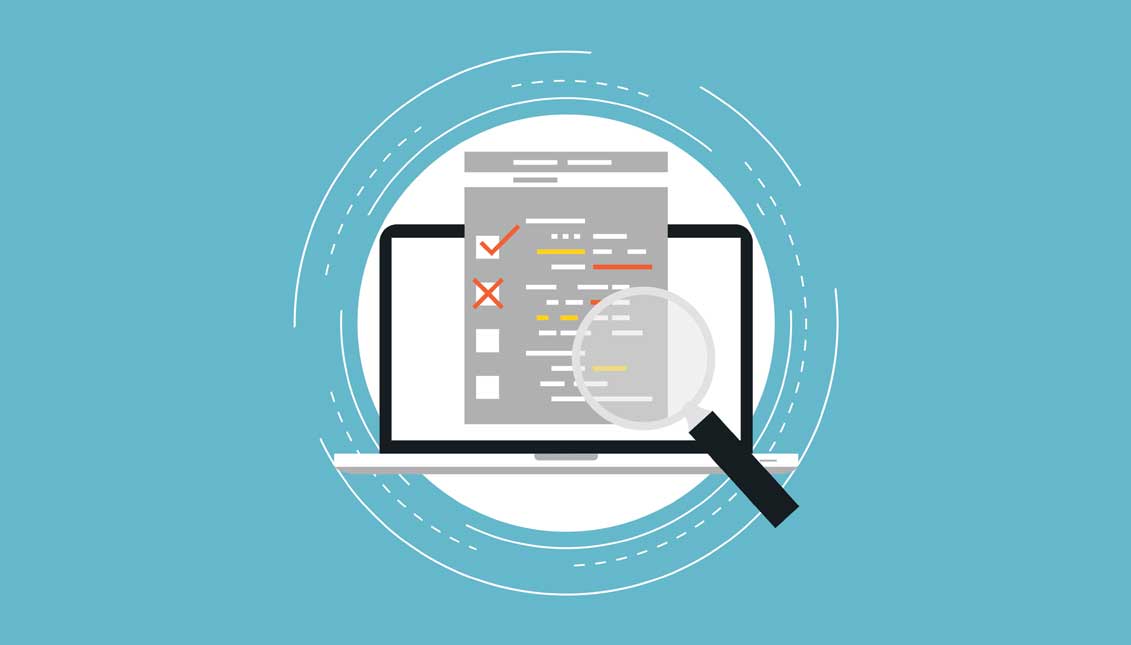
The FCC decides to constrain the net
The Federal Communications Commission has decided to ditch the net neutrality rules, which ensured free and open access to the Internet.
A new and dark strategy of Donald Trump’s government has unleashed panic among communication companies, Hollywood and anyone that has a minimum knowledge of political history.
The Federal Communications Commission (FCC), through its Trump-nominated chairman, Ajit Pai, has repealed the regulations established by the government of Barack Obama to guarantee access to the Internet as a utility and not as a commodity or luxury only available to those who can afford the expenses.
According to Reuters, this move would be a "victory" for service providers such as AT&T Inc, Comcast Corp, and Verizon Communications Inc, which could now monopolize the access to information nationwide, including their right to censor certain content.
Mignon Clyburn, Democratic Commissioner of the FCC, said that the decision promulgated by the Republicans "will give the keys of the Internet to a handful of multi-million dollar corporations."
While it is true what Pai argued - that before 2015 we didn't precisely live in a "digital dystopia" - the effect of this rescission will not be felt immediately, but the "extraordinary" power now granted to large companies could "manipulate" and discriminate "information traffic", as assured by Democratic Commissioner Jessica Rosenworcel.
The Title II of the regulation promoted by Obama required the service providers (or ISPs) to "handle all the shared data in an equal manner", thus avoiding polarization or manipulation of the information channels.
As the Huffington Post explains, "Comcast, for instance, could charge customers who use Netflix extra for using so much bandwidth or AT&T could, in theory, decide to block access to some websites entirely”.
While these statements may seem like apocalyptic talk, the reality may not be very different.
RELATED CONTENT
Optimists such as Michael Powell, director of the National Cable & Telecommunications Association argued, "We can’t live by a principle that just because there isn’t a rule banning something, it doesn't mean necessarily that something is going to happen”.
But in a political era led by a man campaigning against the media - and whose closest advisors are among the richest men in the country - the feeling of panic doesn’t seem so unfounded.
And to give an example: the new FCC measure also takes away the power of state and local governments to promote their own laws in this regard.
In other words, this measure could not only violate freedom of information but also centralize decisions in a country recognized by its legislative federalism.
Although Pai assured that the decision "will eventually help consumers by allowing suppliers to offer a greater variety of services" thus promoting "competition", what could really happen is the annihilation of small businesses and entrepreneurial projects, which could not be able to afford its first years.
In short, the decision of the Commission will affect the connection speed, its accessibility and the regulation of its cost; it will prevent the emergence of small businesses and grant absolute power to large multi-billion dollar companies, all in the best style of the current government.











LEAVE A COMMENT: